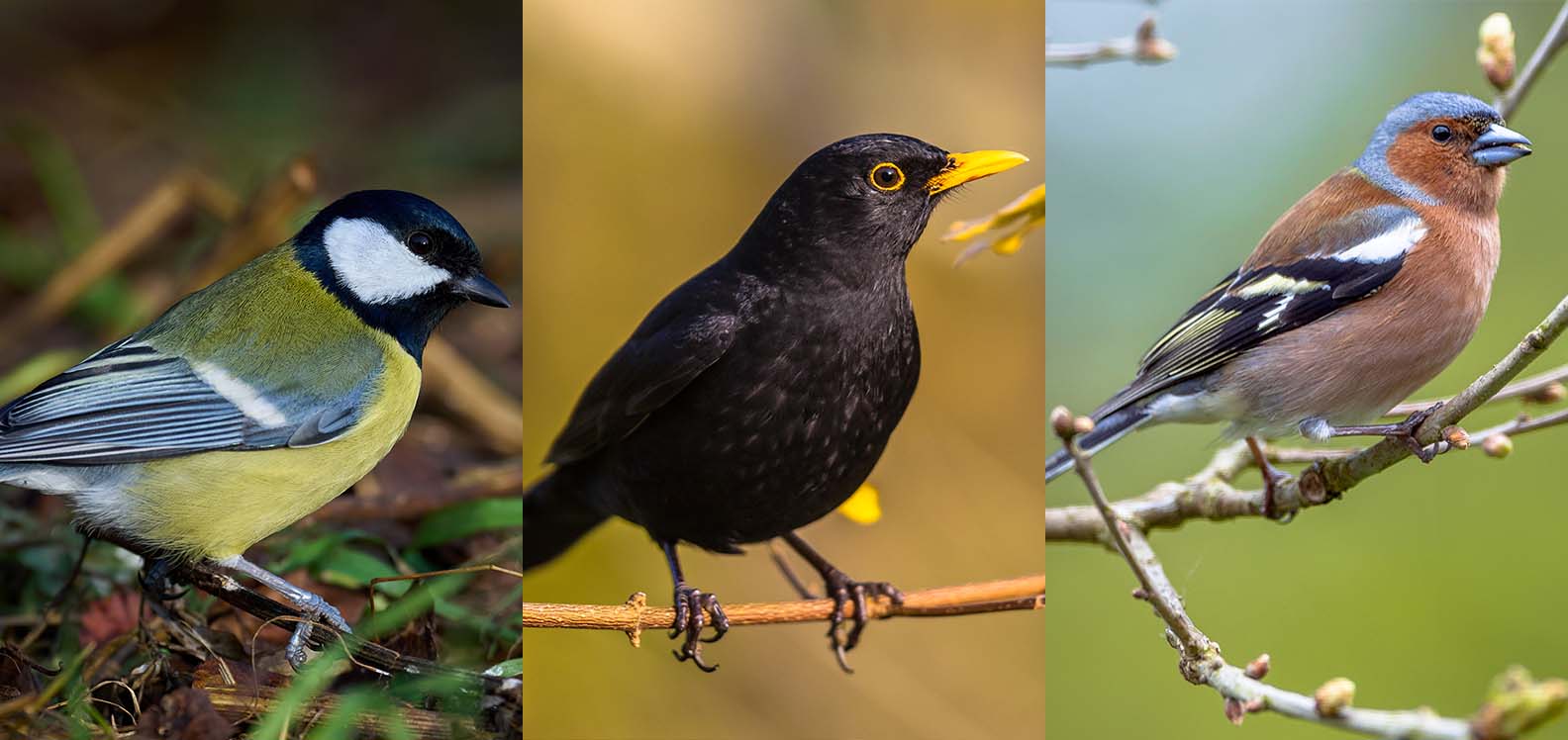
A single shift of a parasite from one host species to another can trigger catastrophic infectious disease outbreaks. Despite this, scientists continue to debate the role of species diversity in natural environments on the spread of these parasites.
A new study published in the Journal of Biogeography reveals that the prevalence of malaria-like blood parasites in birds increases with the number of species present in local bird communities. The findings indicate that parasites thrive when they can exploit a wide range of different bird species.
Interestingly, the study also shows that malaria-like parasites spread more rapidly when they specialize in subsets of bird species that are closely related or share similar functional traits.
Ecologist Dr Konstans Wells from Swansea University, who led the study alongside an international team of 11 co-authors from the United States, Kenya, and Australia, said: “This study offers valuable insights into how increased opportunities for parasites to infect a variety of host species can facilitate their spread. At the same time, parasites can also benefit from specializing in certain host species to enhance their transmission efficiency
“In the context of global change, infectious diseases are on the rise among animals, plants, and humans. This study highlights the role of bird migration and the introduction of invasive species in increasing the spread of parasites, even as global changes contribute to dramatic declines in wild bird populations worldwide.”
The research team gathered data on over 17,000 wild-captured birds from diverse regions around the globe. For each individual bird, they employed molecular analysis to identify the species and specific lineage of any blood parasites present. This extensive analysis provided novel insights into the frequency of each unique parasite lineage found in birds, enhancing the findings presented in the research paper.
While the researchers found strong evidence supporting the positive impact of bird diversity on infection risk, they also emphasized that different types of blood parasites behave differently depending on climate and host availability. This complexity demonstrates that there is no simple rule governing the global spread of these diseases.
Dr Wells concluded: “More research is needed to understand the spread of blood parasites in birds. However, we hope that our study contributes to the evidence supporting international policies on biosecurity and the protection of natural environments. These measures are essential for safeguarding biodiversity while also addressing the negative effects of infectious disease spread in our increasingly globalized world.”
The study ‘Parasite Abundance-Occupancy Relationships Across Biogeographic Regions: Joint Effects of Niche Breadth, Host Availability and Climate’ is published in the Journal of Biogeography and was funded by the Royal Society and the Australian Research Council.
